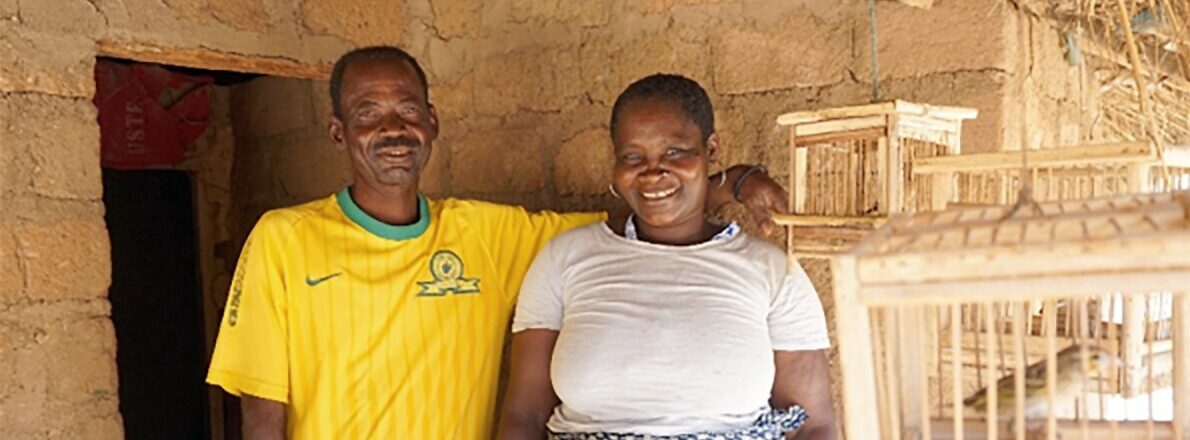In recent years, countries around the world have adopted and strengthened laws that support women’s land rights, creating a foundation for greater gender equality. While this is good news, we know that women need more than laws and policies to fully realize their rights and have an equal say in decision-making about the management of land and natural resources. .
For many women, the ability to make decisions about land and natural resources depends on the support from their family and community. Whether a woman is a wife, a widow, a single daughter or a divorcee, her ability to benefit from legal rights to land in much of the world is influenced by the social norms, beliefs, and practices of those around her.
USAID is working to better understand and change social norms to empower women and increase gender equality in the land and resource governance sector. Recently, two of USAID’s land sector programs, Communications, Evidence, and Learning (CEL) and Integrated Land and Resource Governance (ILRG), completed a collaborative workshop on social and gender norms change. This was done in coordination with USAID’s Passages Project (2015-2021), which provides technical assistance and capacity building to projects that seek to understand the role of social norms in their programs.
The workshop tackled issues such as: (1) why social norms matter to achieving gender equality and women’s empowerment in the land sector; (2) why it is important to assess social norms at the outset of a project, and what are the best ways for doing this; (3) how to design social norms interventions; (4) how to measure normative shifts in complex environments; and (5) what are some of the ethical concerns and considerations related to social norms interventions.
Learnings from the workshop were recently published in a technical brief for USAID Missions and implementing partners: Gender Norms and Women’s Land Rights: How to Identify and Shift Harmful Gender Norms in the Context of Land and Natural Resources. The brief introduces key social norms concepts and tools to identify and shift harmful norms in the context of land and natural resources. It also provides resources for programs in the land and natural resource sector to better understand and identify gender norms, design and implement norms-shifting activities, and monitor shifts. The new resource provides practical guidance that helps USAID, donors, and international development practitioners grapple with this complex issue and improve the chances that land rights programs will incorporate effective normative change interventions that increase the support from women’s families and communities when it comes to exercising rights to land.
For more information on USAID’s work on women’s land rights, please visit www.land-links.org/gender-equality.
Three-way Collaboration among USAID Projects Passages, ILRG and CEL
The Passages Project seeks to build the evidence base and advance global knowledge and capacity for the design, implementation, and evaluation of norms-shifting approaches with an eye towards sustained and scalable programs.
The Integrated Land and Resource Governance (ILRG) program supports USAID Missions to implement activities to strengthen land rights, support inclusive land and resource governance, build resilient livelihoods and improve gender equality and women’s empowerment.
The Communications, Evidence and Learning (CEL) program provides USAID with an integrated approach to knowledge generation, dissemination, and applied best practices to strengthen land, urban, and local sustainability programming. CEL was awarded funds in 2019 to further design and implement field-based programming across five countries to generate evidence and work with local partners to strengthen women’s land rights under the Land Evidence for Economic Rights, Gender and Empowerment (LEVERAGE) activity.
Photo: Gabriel Chiposse and Lydia Wahiya, husband and wife in Namalapa Village, Mozambique. Credit: R. Singer for USAID ILRG


